Many elderly people still have to get used to information technology to access modern society.
As dawn broke, Mrs. Le Thi Loi, 78 years old, from Thanh Hoa City, went to the dike near her house where a few people were waiting. The group of elderly people lined up on the dike, their footsteps light and their arms swinging rhythmically. "Now my children are all grown up. Every day, whether it's sunny or rainy, my friends and I still persevere in walking. At night, we go to the city's cultural house to participate in the intergenerational self-help club - there we can talk, confide, and exercise" - Mrs. Loi shared.
Mrs. Loi's story is a small piece in the picture of population aging taking place in our province. According to statistics, as of November 2024, the whole province had 607,092 elderly people, accounting for 16% of the province's population. Of these, 433,014 were aged 60 to under 80, and 264,078 were aged 80 and over. Elderly women made up the majority with 322,935 people, compared to 284,157 men. Only half of the elderly (305,703 people) received monthly pensions and allowances. The other half had to fend for themselves or depend on their children and grandchildren. About 12,000 elderly people in the province were poor or near-poor households. 3% of the elderly still did not have health insurance cards, mainly those in difficult circumstances who could not afford to buy health insurance cards. For them, every illness is a financial burden.
Despite the rapidly aging population, there is not a single high-quality nursing home in the province. The entire province has only 6 social assistance facilities related to elderly care, mainly serving social protection beneficiaries. Mr. Tran Van Hung, 85 years old, a retired official in Thanh Hoa City, shared: "I live alone. Many times when I am sick and no one takes care of me, I have researched nursing homes but have not found any that meet my needs. Moreover, the models of classes and clubs dedicated to the elderly are also limited."
In that context, models of supporting the elderly in the province have become valuable supports. For example, the Intergenerational Self-Help Club is becoming an effective model recognized by many people. Our province is currently leading the country with 1,200 clubs of this type, attracting 67,148 members. Not only are they places to meet and exchange, these clubs also create economic opportunities through mutual support funds with a total value of up to 91 billion VND. More than 16,000 people have received loans, more than 4,700 households have escaped poverty thanks to this source of capital.
Elderly health care is also of interest to the province. In 2024, the province organized 385 health consultations for more than 40,500 elderly people, and organized periodic health check-ups for 400,000 people. There are currently 558 elderly health care clubs with nearly 20,000 members.
Despite many successes, elderly care still faces challenges. Many Party committees and authorities have not paid due attention, and staff working on elderly care often hold multiple jobs with low allowances. Facilities and operating budgets are still limited. The socialization of elderly care activities faces many barriers due to the lack of specific preferential policies on taxes, land or loans. There are still many elderly people in particularly difficult circumstances who have not enjoyed social assistance policies, such as those aged 60 to 75 in poor households without spouses or children, or those who have the obligation to support them but are not capable. They are living in a policy gap.
Faced with these challenges, the province has proposed many solutions, such as: Strengthening the dissemination of policies and laws on the work of the elderly; focusing on leadership and direction to effectively implement the Law on the Elderly and policies for the elderly; promoting the mobilization of social resources for the work of protecting, caring for, and promoting the role of the elderly;...
It can be said that as society continues to develop, the gray hairs are still looking for the meaning of life. The attention of the Party, the State, the cooperation of the community and family will be the support to help them not only live happily, live healthily but also live usefully, creating a civilized and humane society, where the value of a person is not measured by age or working ability, but by the dignity and intrinsic value of each individual.
Article and photos: Ngan Ha
Source: https://baothanhhoa.vn/diem-tua-giup-nguoi-cao-tuoi-nbsp-song-vui-song-khoe-song-co-ich-248056.htm


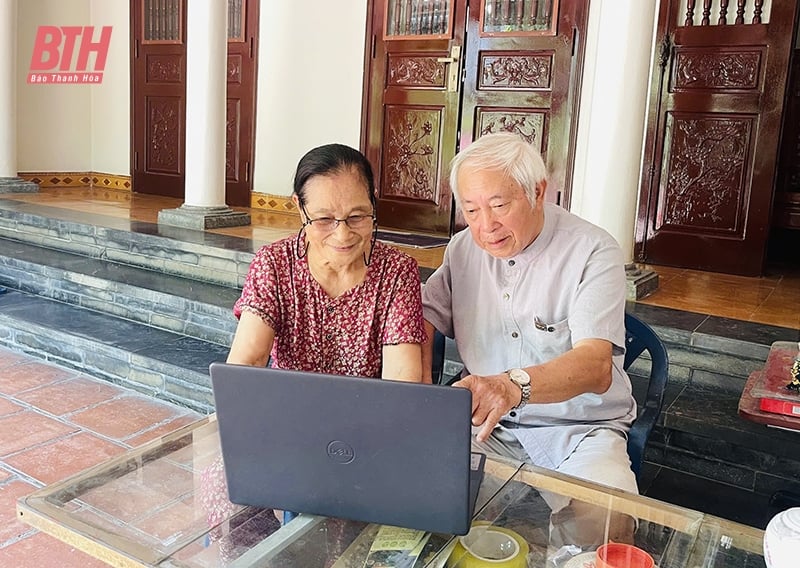
![[Photo] General Secretary To Lam arrives in Minsk, begins state visit to Belarus](https://vphoto.vietnam.vn/thumb/1200x675/vietnam/resource/IMAGE/2025/5/11/76602f587468437f8b5b7104495f444d)


![[Photo] General Secretary To Lam meets and expresses gratitude to Vietnam's Belarusian friends](https://vphoto.vietnam.vn/thumb/1200x675/vietnam/resource/IMAGE/2025/5/11/c515ee2054c54a87aa8a7cb520f2fa6e)
![[Photo] General Secretary To Lam concludes visit to Russia, departs for Belarus](https://vphoto.vietnam.vn/thumb/1200x675/vietnam/resource/IMAGE/2025/5/11/0acf1081a95e4b1d9886c67fdafd95ed)

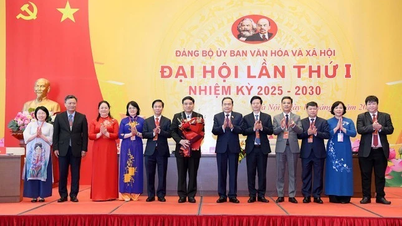
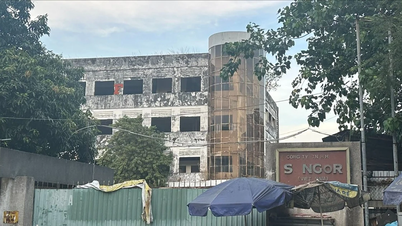
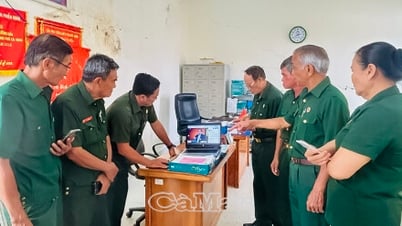
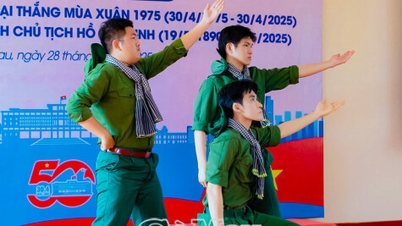








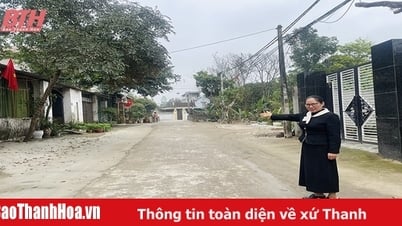
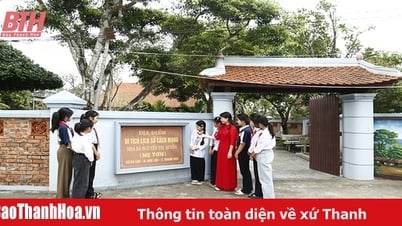
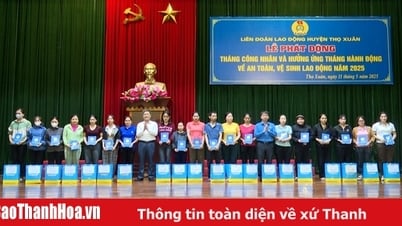


![[Photo] National Assembly Chairman Tran Thanh Man attends the Party Congress of the Committee for Culture and Social Affairs](https://vphoto.vietnam.vn/thumb/1200x675/vietnam/resource/IMAGE/2025/5/11/f5ed02beb9404bca998a08b34ef255a6)






























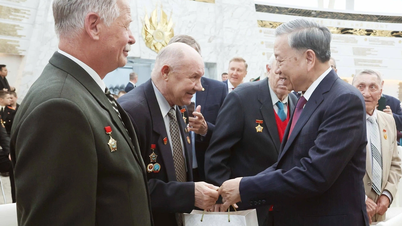
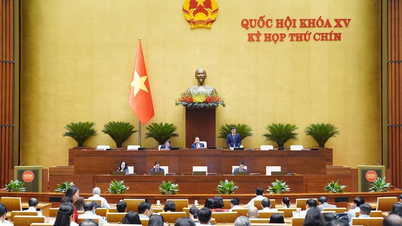

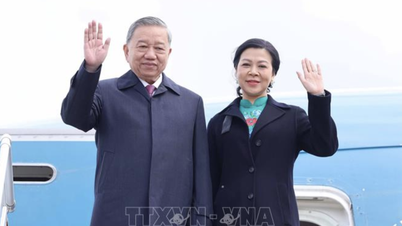












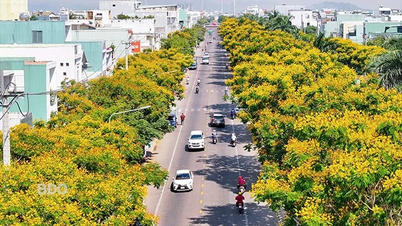


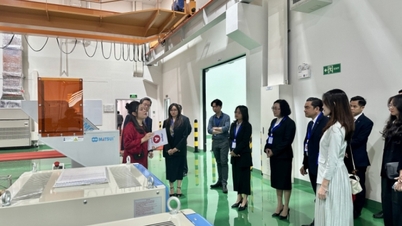

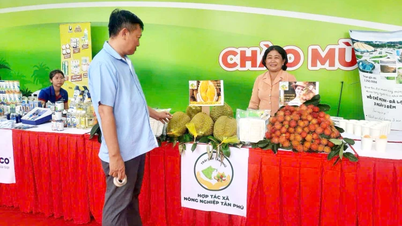

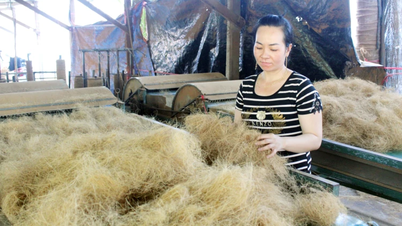









Comment (0)